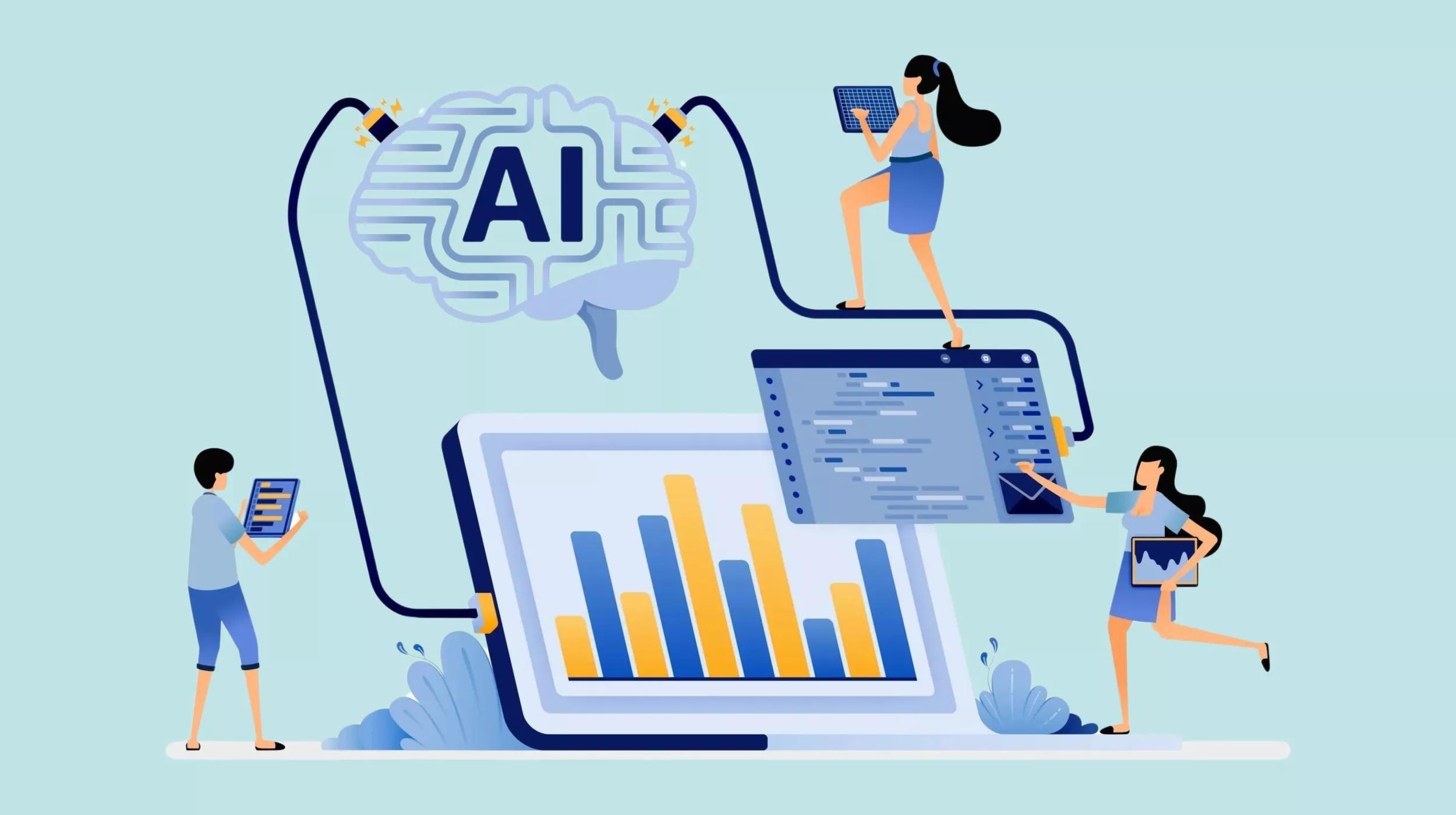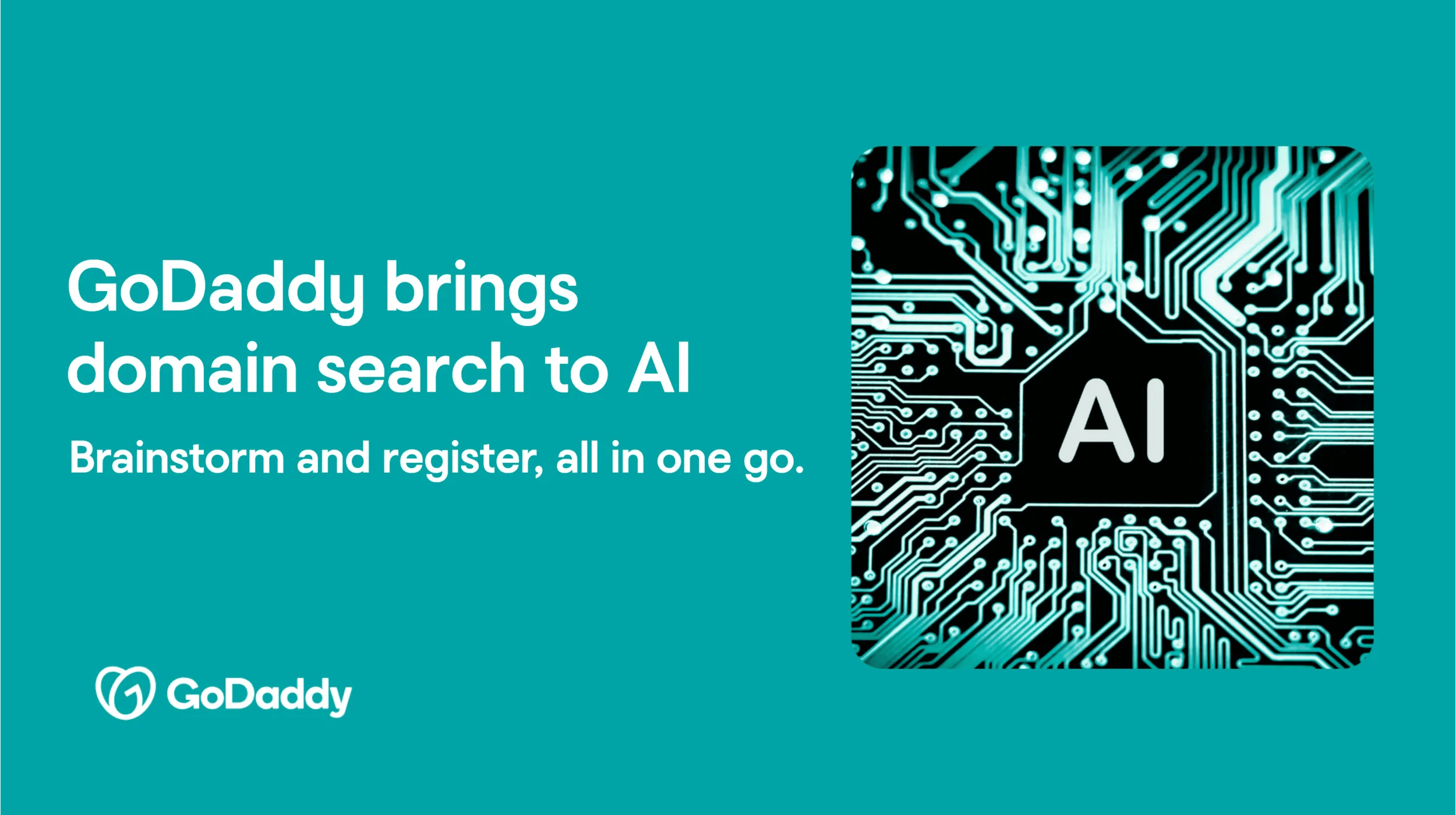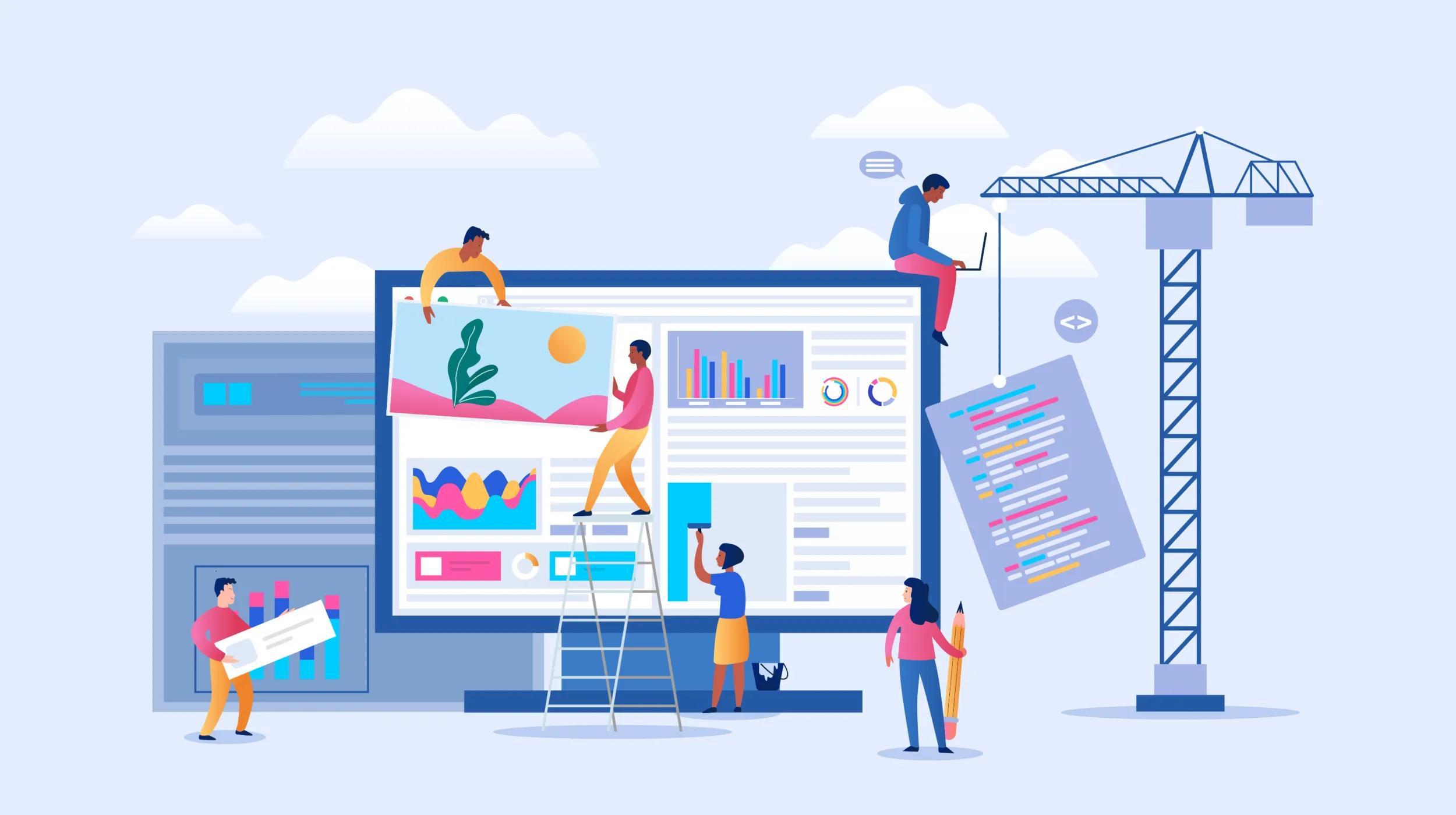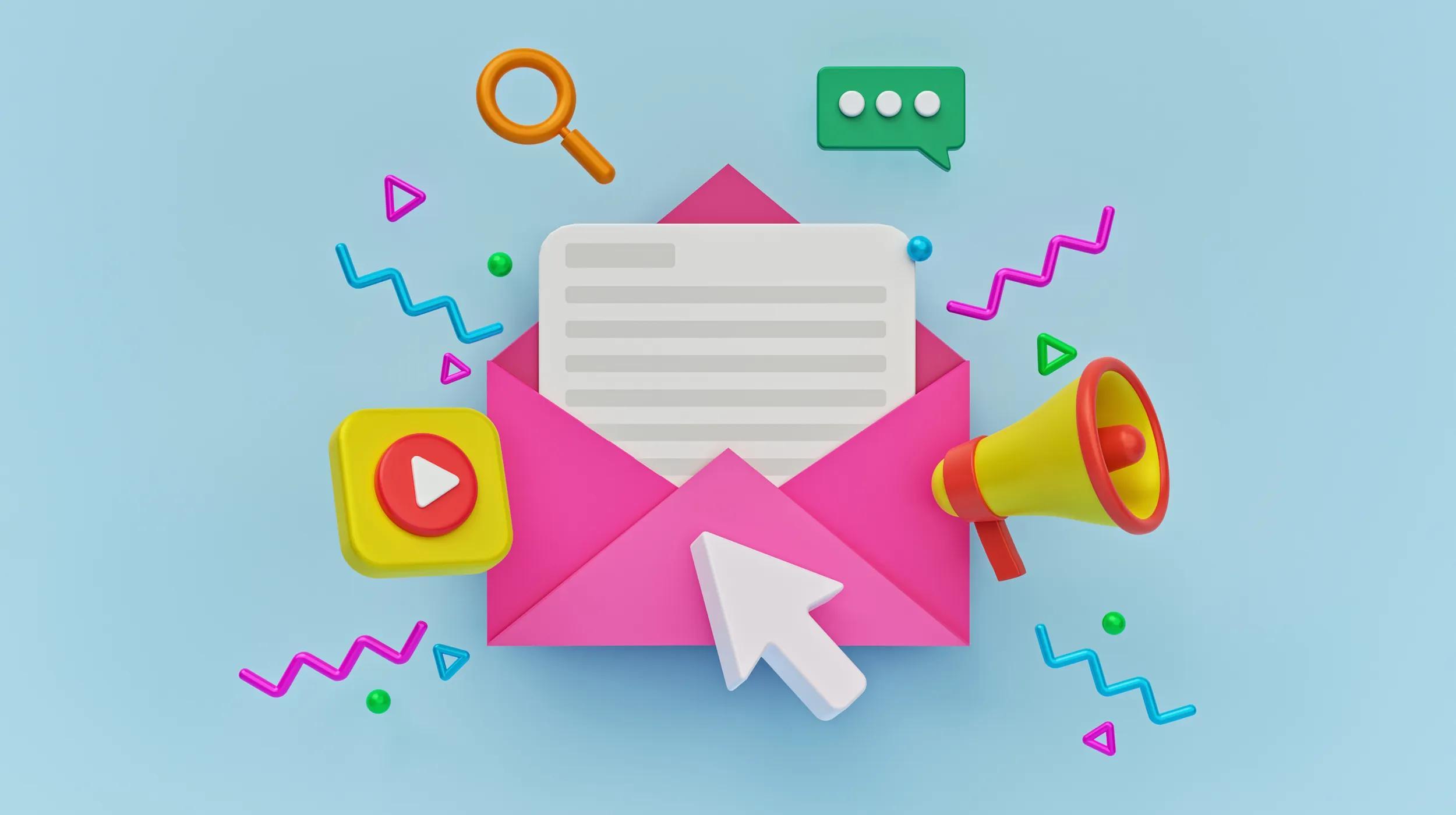Ever wonder how your competitors seem to always be two steps ahead of you? Chances are, they are taking advantage of artificial intelligence (AI) to boost their small business operations in stealthy yet powerful ways behind the scenes.
Early adopters across industries are leveraging AI to streamline mundane processes, free up employees for higher priorities, and gain strategic advantages that boost customer satisfaction and the bottom line.
Launch your business in minutes with GoDaddy Airo™
They automate everything that can be automated, and they focus on continuously finding new AI applications that allow them to work smarter.
The principle "do more with less" it can be applied to any business model in a multitude of ways if you stay open-minded and explore the power of AI.
Think about it:
- One focused 10-minute solo brainstorming session with an AI chatbot can replace an hour-long meeting with your team (or give a solid foundation for further discussions).
- One hour of AI-supported research can save you days of manually devouring the internet, trying to find valuable bits of information.
- A well-set-up marketing channel powered by AI can reach a level of personalization that is almost impossible to achieve manually, even if you hire a whole marketing team.
- Introducing just one effective data-driven tool into your branding strategy can process thousands of parameters in an instant, as well as gather more insights in a day than you could ever do yourself — even with weeks of work and countless meetings.
Despite AI's immense potential, many small businesses have yet to explore its applications to day-to-day roles and responsibilities.
Multiple studies show that only 25-29% of small businesses are actively utilizing AI in 2024.
In this guide, I'll introduce you to eight core areas of your business where AI can start making a difference tomorrow without complicated migrations. I’ll also share some examples, useful tools, and actual prompts you can use to benefit from AI right away!
Disclaimer: When using AI tools, avoid entering sensitive information and always review output for accuracy. Additionally, this content is for demonstration purposes only; it does not represent any affiliation, endorsement, or sponsorship with ChatGPT or Open AI. All trademark rights belong to their respective owners. Third-party trademarks are used here for demonstrative and educational purposes only; use does not represent affiliation.
8 strategic small business areas where AI makes a difference
Let's explore my favorite AI applications that can catalyze growth for your small business:
- Task and meeting scheduling
- Product development
- Customer service
- Competitive analysis
- Personalized marketing
- Research
- Content creation
- Social media management
1. Task and meeting scheduling
Automated scheduling is one area where AI makes an immediate and dramatic impact on daily operations. The best tool I came across for this is Motion, and I personally haven't seen any powerful enough alternatives as of 2024.
The magic of Motion lies in automating task management for you and your team. The moment a new task is added, the AI strategically schedules it in your calendar, finding the most suitable time for getting it done based on your priorities, deadlines, and current commitments.
What's really cool is that Motion is intelligent enough not to schedule anything during meetings or fixed time blocks.
So you can, say, block two specific hours for focused work every day, and the tool will protect your focus, scheduling new tasks around it and preventing your team members from scheduling anything with you during those blocks.
And if you assign a task to someone else, Motion will update their calendar to accommodate this new task and ensure that it's actually scheduled to be worked on.
Here is an example of what your day could look like when Motion is handling the scheduling:
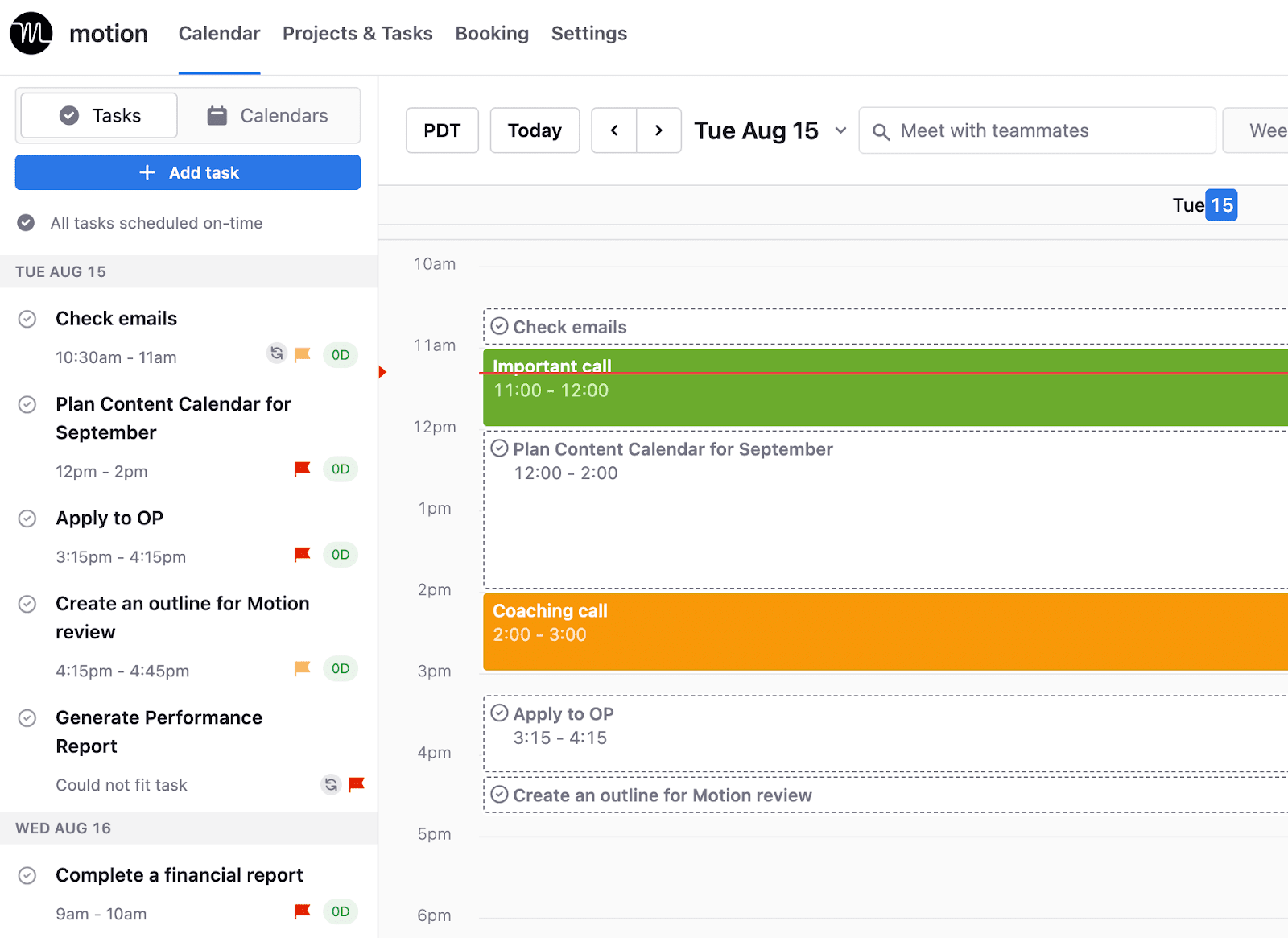
The red line shows where you are now, and whenever you add a new task, you don't need to choose the time. It will immediately show up in an ideal place on your agenda automatically, which may include bumping some other tasks for later or the next day.
If you want, you can also set up Motion in a way that it adds some breathing room between tasks and meetings, for example, a five-minute break. This helps switch the context and take your mind off the previous task so you can fully channel your attention into the next one.
Other perks of planning your workload with AI like Motion include the following:
- It automatically adjusts your schedule if something changes or a new urgent task gets added. No more stressing out about where to fit things and what can be postponed! Just relax and let Motion work its AI magic for your small business. Then, you can do whatever is next on your agenda.
- It gives you a really convenient toolkit for booking client meetings. You can either give someone a booking link based on your availability, manually select the time blocks to suggest, or set up a fixed availability schedule for booking each type of meeting.
- Rather than spending precious hours manually synchronizing calendars, Motion maintains a unified view of all team members' availability. It analyzes existing commitments to recommend optimal windows for planning new meetings and tasks.
- Need to schedule a meeting with the full team? Motion's AI will check everyone's calendars and find slots that work for all invited parties.
If maximizing your team's potential through effortless scheduling sounds appealing, I highly recommend giving Motion a try. Over a million top-performing professionals already trust it with their calendars.
2. Product development
Many small businesses find that AI can be immensely helpful when developing products. Whether you're dealing with online reviews, surveys, or one-on-one support, AI tools let you gain valuable insights from customer data.
Unlike humans, AI is able to analyze large amounts of unstructured text, find patterns and, for example, summarize the most common issues people mention.
This quickly surfaces the root problems or gaps in experience that matter most to your users. This process gives you a prioritized to-do list based directly on real user feedback.
Try this prompt (attach a doc or spreadsheet with customer reviews):
Act as a data analyst to sift through user feedback, identifying the most common issues of <product> and feature requests. Generate a prioritized list of tasks and improvements, ranking them by the frequency of mentions for targeted development action.
Another way that AI can be used to drive product development is by analyzing your product to get a better understanding of your audience and define ideal customer personas.
You can have a conversation with an AI chatbot like ChatGPT, Claude, or Gemini to uncover customer pain points and identify their needs that can be covered by your product.
From my experience, surprisingly many small business owners don't have a clear definition of their audience. This often results in their strategy being product-driven (Wrong mindset: "Why I think my product is awesome.") instead of being user-driven (Right mindset: "How my clients benefit from this product.").
Try this prompt:
Act as a brand strategist for <product>, which is <describe your product>. Analyze the target audience for the product and create three ideal buyer personas. For each of them, list their pain points and needs that can be solved by the product. Then, summarize it all as a list of action items
Feel free to adjust the prompts as you see fit!
With this kind of AI discussion, you can get interesting insights, brainstorm new features, and better connect to your audience in the future. This ensures that you address proven customer needs, not just make random changes. The feedback loop it enables is hugely valuable for informing efficient, user-focused innovation.
3. Customer service
Artificial intelligence is opening up amazing new possibilities for small businesses to deliver next-level customer service. While big companies have long had the resources to develop complex AI systems, new tools are now available that are affordable and easy for a company of any size to implement.
AI can take lots of repetitive, routine interactions off your plate so you and your team can focus on more strategic customer needs.
According to a Forbes report, customer service was the number one area with AI involvement for surveyed companies in 2023. Among those, live chatbots were the most popular use case, utilized by 73% of businesses.
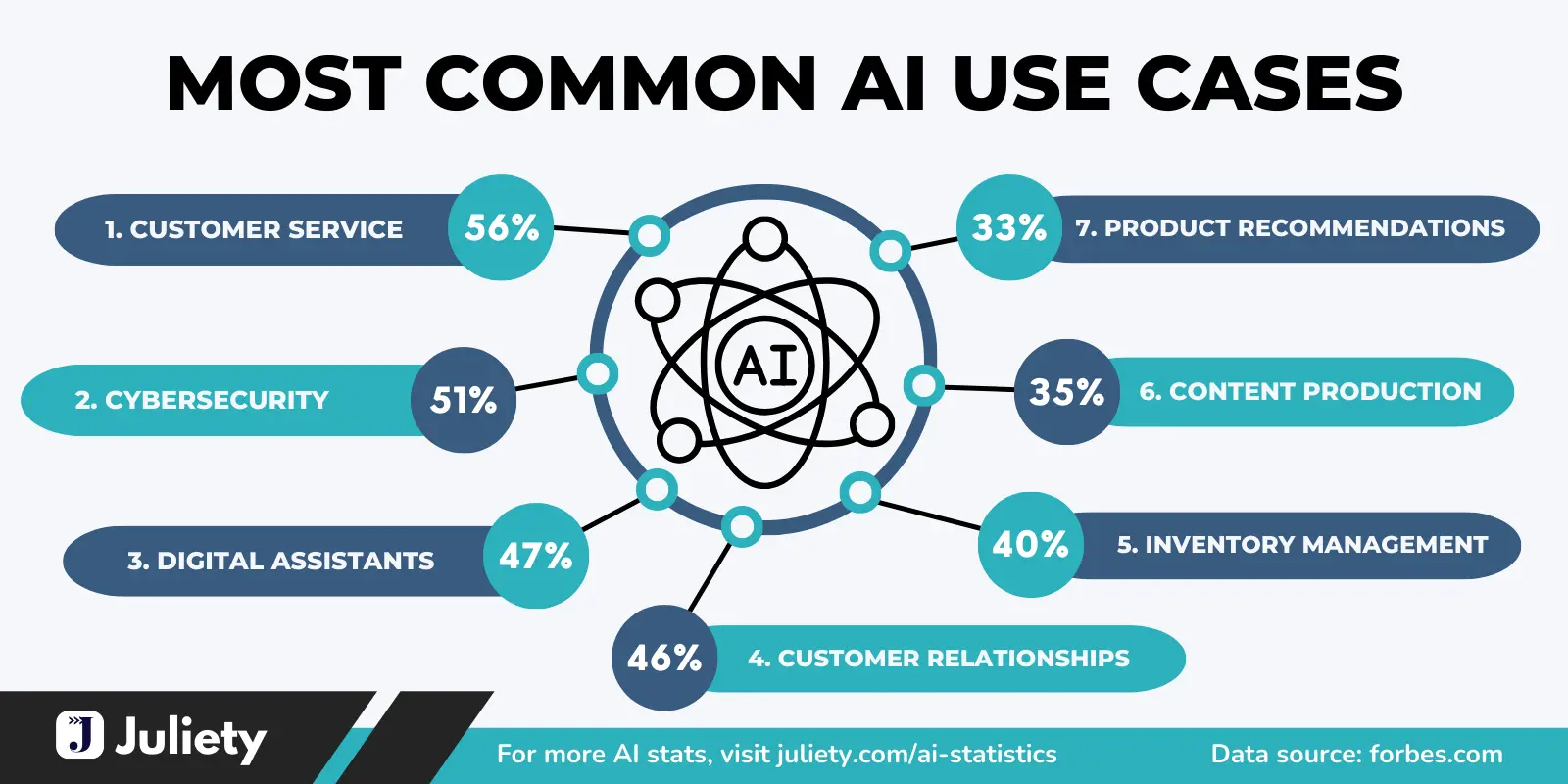
Initially, all you need to do is train AI on your company's knowledge base, which is similar to training a new employee but happens in two minutes instead of a few weeks.
Then, simply integrate the chatbot on your website, sit back, relax, and enjoy the sales coming in on autopilot. (Just kidding — I'm sure you've got lots of other work to do!)
So, how exactly are chatbots making a difference?
Chatbots and virtual assistants powered by AI are able to handle basic requests around the clock with lightning speed. They can answer FAQs, process requests, resolve issues, and route more complex inquiries to the right human agents. As a result, customers get immediate assistance anytime while you save on labor costs.
The benefits of AI for customer service are endless:
- 24/7 assistance without increasing headcount
- Immediate responses that improve satisfaction
- Insights that help you adapt your product to meet customer needs
- Proactive issue identification and resolution
- Data-driven decisions based on real customer needs
- Positive effect on your brand's reputation
Over time, you can keep improving your AI chatbot by testing and implementing some of the proven marketing practices, such as configuring the greetings that boost engagement.
4. Competitive analysis
Competitive analysis is an important activity AI can perform for any small business to better understand their industry and succeed against competitors. In particular, ranking your website at the top of Google search results for the key queries in your industry positions your brand as a go-to solution in customers' eyes.
AI tools are opening up new possibilities for deep, data-driven competitor research that was previously only accessible to large corporations.
These days, I'm seeing more and more useful tools becoming accessible for smaller companies and even solopreneurs, making it easy for anyone to build a smart strategy and stand out in the market, even with very limited resources.
One case in point is MarketMuse, an AI-powered tool that leverages natural language processing algorithms to analyze topics, keywords, and trends in order to identify untapped SEO opportunities.
Just a couple of years ago, the cost for it was about $10,000 per year, and I would only recommend it to bigger teams or SEO agencies. Now it's roughly 10 times cheaper and offers monthly packages, which means even small startups or local businesses can afford and justify an investment like that.
So, why do I think MarketMuse is great?
In short, it has a lot of interesting features that compare your content to currently ranking competitors. It can tell you exactly what's missing, so you can proactively make the required changes and likely see a boost in traffic. You also get access to loads of real-time data presented to you in a unique visual way with features like Heatmaps and SERP X-Ray.
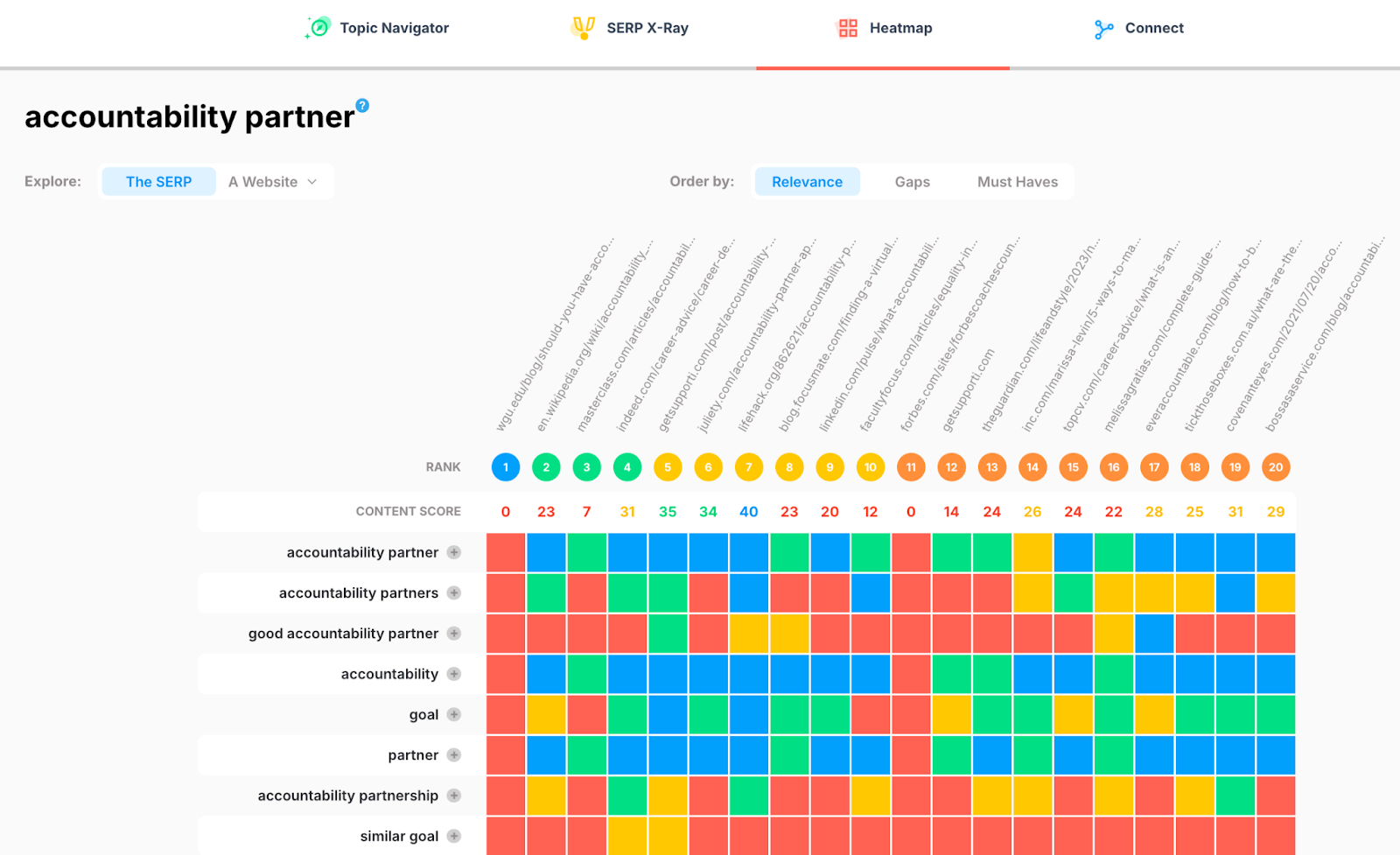
MarketMuse identifies content gaps, keyword opportunities, and exact steps to optimize your articles in order to both please search engines and get in front of your potential customers.
I think this is pretty impossible to do without AI or at least some kind of automation.
For competitive analysis you can also use an AI website builder to create different versions of a website, based on your competitors. You can go through a few iterations to get ideas on how to improve your own website.
5. Personalized marketing
Personalization is becoming increasingly important in a world where many companies use AI in a spammy way, automating to the point of losing any human connection and annoying customers.
Personalized marketing means customizing your messages or services based on the personal preferences of each customer.
Personalized marketing allows you to really stand out in your customers' eyes and build a good reputation as a brand that cares.
By collecting customer data over time through website visits and past purchases, AI algorithms can identify preferences and predict future behaviors for highly targeted outreach.
For example, small businesses can use AI tools like HippoVideo. This tool makes it possible to send personalized videos to your customers in bulk (i.e., by mentioning the recipient's first name or company) without spending hours or even days creating a separate video for each person.
AI can tune marketing newsletters so that no two subscribers receive exactly the same version.
Drawing on a person's past engagements, AI will intelligently display different featured products, blog articles, coupon codes, and segments in each customized newsletter to boost relevance.
Every recipient will feel like your brand "gets" them, increasing the potential for future purchases.
Here are some more common examples of marketing personalization:
- Spotify suggesting new music based on the songs and artists you listen to
- Netflix personalizing your feed based on your watching behavior
- Facebook and LinkedIn suggesting people you may know based on mutual connections
- Gym membership renewal emails with your attendance stats and goal progress
- Retailers sending coupons for items in your abandoned shopping cart
- Amazon recommending products based on your purchase history
For small business owners without dedicated marketing teams, AI handles the complex segmentation needed for personalization and scaling your marketing efforts.
As your relationships with your customer base deepen over time, AI's understanding grows as well, continually refining your strategy to drive outcomes that might otherwise be impossible with smaller resources.
6. Research
AI is a real asset for small teams or solopreneurs who can't afford to spend days on research!
We are already in the era where you can treat an AI chatbot as your personal assistant, talk to it by typing or even voice, and delegate all kinds of research tasks.
Your AI assistant can perform online searches so you don’t need to spend hours looking through reports and articles. Just ask it a question in a natural way, and it will quickly find answers based on its vast knowledge base and the internet.
Note: You still need to always fact-check the information AI finds because most chatbots are known for hallucinating and making things up.
And if you need specific insights, you can feed a long document with data to an AI chatbot and ask it to summarize the important points, pull the numbers in an organized way, or do whatever else you need to get done.
Out of all the AI research tools I've personally dealt with, the most useful have proven to be Perplexity and TextCortex.
Perplexity is great if you need to find fresh data: it will comb through the internet in two seconds, pulling together the most relevant stuff on whatever topic you need. You can also ask it to specifically search on YouTube or Reddit, or find science-backed information in academic papers.
TextCortex is more like a team of assistants that you can use for different tasks. You can assign specific roles, for example, a product manager or a sales rep, or make your own custom personas based on the type of research you need.
As AI algorithms get smarter from more data over time, their recommendations will only get better. This is an incredible time-saving opportunity for a small business owner, and anyone can start working smarter by taking advantage of it.
7. Content creation
In a recent Salesforce survey, 67% of IT executives indicated that implementing generative AI in their business is a key focus for the upcoming 18 months. And, a third of them ranked it as their highest priority.
If your small business still isn’t utilizing AI to save time on content creation, you are missing out big time!
As a blogger, one of my favorite AI use cases for content creation is brainstorming.
Contrary to what many people think, AI can be a fun brainstorming partner if you guide it well instead of getting frustrated at every step. Every generative AI tool is like a clean slate that can be extremely powerful if you use it right, but it can't read your mind.
When it comes to generating content ideas, you can start with a simple prompt like this:
Generate 50 unique article ideas for a blog post about dog care.
Not all ideas will be great, but there should be at least some that make sense. Then, you can ask AI to generate more ideas on a particular topic, suggest alternative titles, or give more specific instructions depending on what you need.
Alternatively, you can give your AI assistant more details upfront:
Act as my creative brainstorming buddy. Let's find some ideas for my blog about dog care. My audience is new dog owners who want to give their pups a very happy life. My tone is friendly and relatable. Generate 15 interesting and unique article ideas for my blog: 5 listicles, 5 "how to" posts, and 5 answering a specific question a dog owner might have.
This is what I like to do, but I know many people may find it intimidating to write long prompts like that. From my experience, it's worth it because you end up saving time in the long run and get much better, focused outputs.
Here is an example of the ChatGPT output from the prompt above:
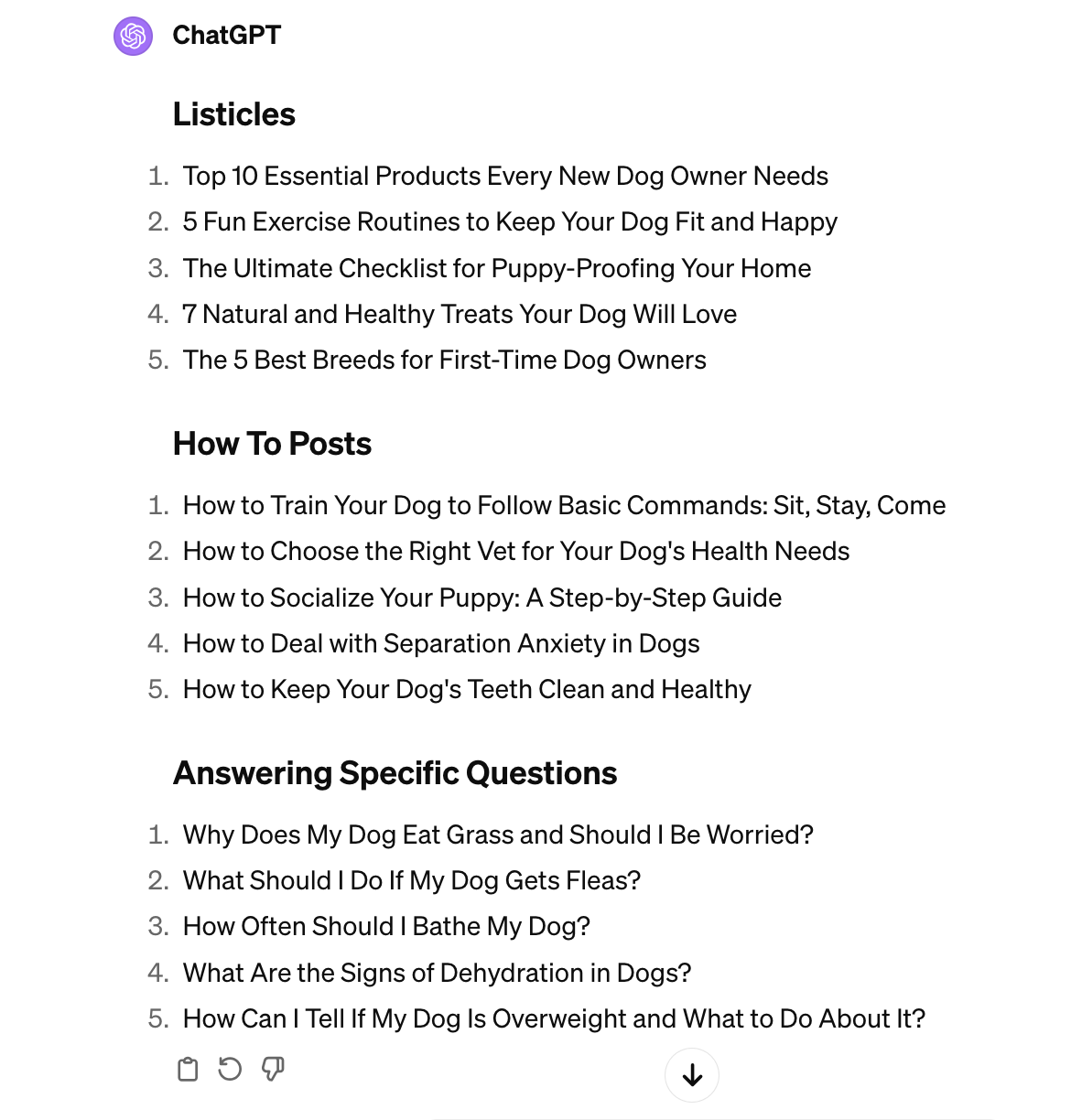
Need more ideas? Here are even more useful AI prompts for content creation.
When you have enough content ideas, you can continue using various AI tools to perform the following tasks:
- Generate content outlines
- Write first drafts for articles
- Add keyword-rich paragraphs for SEO
- Create email marketing campaigns
- Repurpose existing content for other marketing channels
- Create and edit video content
8. Social media management
Managing social media profiles for your business can quickly become overwhelming as the number of platforms and posts grows. Most successful entrepreneurs recommend delegating this kind of work to a virtual assistant, but if you are on a budget, you can leverage social media-focused AI tools to make your life easier.
Here are the top three ways you can leverage artificial intelligence for social media management (SMM):
- Automatic posting. While some creators enjoy always being "connected" and manually posting on social media multiple times a day, for many of us, it's a very draining experience that takes away from overall productivity. Thankfully, AI tools can automatically publish your content at the ideal time to engage your audience, even if you are sleeping or taking a week off. I recommend dedicating a day every month to bulk-create and schedule all content for the next month. This way, you maintain a regular social presence without having to anxiously think about new content ideas every day.
- Content generation. Similar to writing articles for you, AI generators can write social captions to accompany your videos and images. There are tools like that for every social platform, and some tools (e.g., Missinglettr) can even repurpose your blog content into a never-ending flow of social posts. With a few tweaks, you have appealing social content scheduled for when your audience is online without endless writing!
- Social listening. Another amazing AI use case for a small business is ongoing social listening. Tools like Brand24 can monitor all mentions of your brand across social media, giving you an opportunity to respond promptly to complaints or reviews. Alerts will notify you instantly about negative discussion trends so you can address customer service gaps or correct misinformation speedily before reputation damage occurs. This is another thing that is pretty impossible to do without AI.
Benefits of implementing AI into your day-to-day business
Based on what we learned, let's sum up the benefits of utilizing AI for your small business:
- Streamlined processes that boost productivity by taking over time-consuming tasks like scheduling, research, and content creation
- Personalized customer experiences through advanced recommendations and targeted marketing
- Proactive problem-solving that detects issues from social listening and competitive analysis
- Freed-up resources to focus on strategic goals rather than daily administration
- Round-the-clock assistance from AI chatbots and virtual agents
- Data-driven decisions backed by real-time analytics
- Expanded operational capacity without adding to the workforce
Wrapping up
The possibilities discussed here give you a starting point to experiment with how AI may complement and improve your day-to-day small business operations.
If you don't know where to start using AI in your small business, think about the most time-consuming parts of your daily work. Then, look into the relevant AI tools that can streamline those specific processes.
Even making one small change that saves you an hour every day releases extra 365 hours per year that can be used to take your business to the next level. So, stop hesitating and join those of us who embrace technology and make the most out of it!
